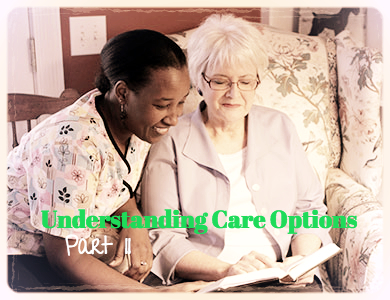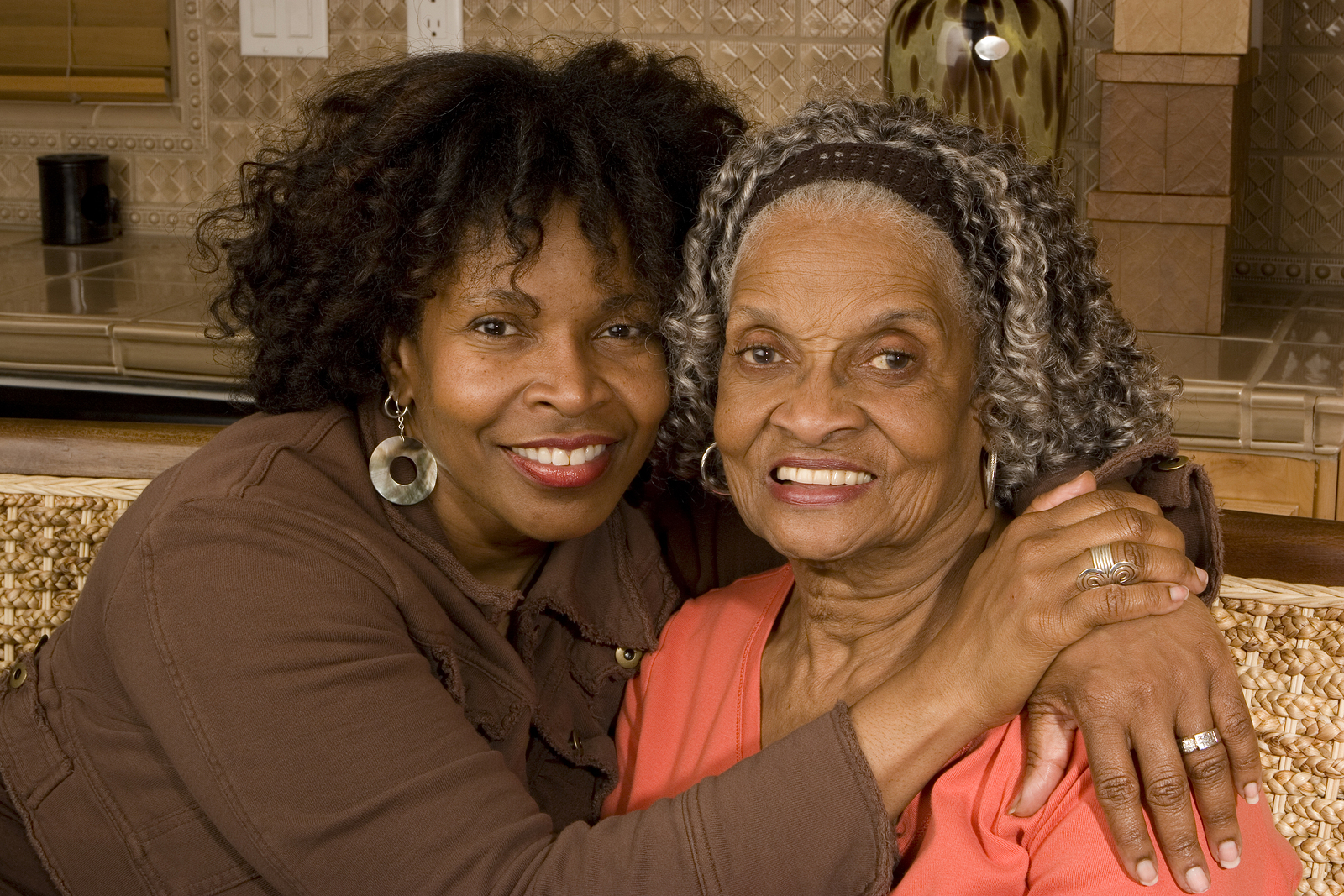
Assessing Care Needs in Seniors
Navigation – whether in care or as we move through the world – is all about degrees. A few degrees in any direction, and the obstacles between you and your destination change dramatically.
To what degree can my loved one manage the following activities?
Mobility
It is a critical early step to assess mobility. There are many reasons why we need a degree of mobility; from emergency evacuation from fire or gas to the avoidance of injury in falling. If we can’t protect our own safety through movement, escalated care is an immediate need.
- How much help does your loved one need to get out of a chair or bed?
- Does moving around mean danger?
- Are there stairs?
- Do they go up and down the stairs, or does it seem like a once-per-day chore?
- What is the frequency of emergencies (such as falling, illness or sudden agitation) that need immediate attention within the last six months?
- Is anyone else living in the home?
- Is your loved one still driving?
- How do they safely navigate the outside world? Do they have an assistive device and do they use it safely?
- Can they safely navigate the bathroom and around the home?
Hygiene
Just like the mobility concerns above are the hygienic needs we must retain control of to stay independent. Lack of hygiene for self or environment can lead to very serious diseases and infections that are often life-threatening in the elderly. If loved ones are no longer able to care for their own sanitation, bathing and toileting needs, escalated care is an immediate need.
- Does your loved one need help with bathing or personal hygiene?
- Do they remember to bath?
- Do they resist bathing?
- How many times a day does the individual require help in using the bathroom?
- Hygiene isn’t limited to the bathroom either. Is your loved one capable of doing their own cleaning, or are others in place (family, friends or professional cleaners) to manage property, cleanliness, trash, and other needs?
Nutrition
We need to eat, and we need to dispose of the things that are finished or inedible. Without adherence to those rules, life cannot be maintained independently. Assess for yourself – is my loved one able to feed themselves three meals a day, or does someone ensure that they are fed?
- Does your loved one still cook?
- How are meals provided?
- Is your loved one relying on sodium-heavy frozen meals?
- Does their refrigerator seem to have lots of expired items?
- If they are not cooking a meal how does your loved one eat?
- What degree of support is available at home with meals?
- Do ovens and ranges get let on for hours after cooking?
- Are the dishes piling up for days in the sink?
- Do medical conditions require your loved one to manage what they eat? Are they successfully sticking to those plans?
Life Maintenance
Oftentimes, we just assume that life and its many to-do’s are being managed. It’s only after something unforeseen occurs that we find out the opposite. Try to consider these life questions, and imagine the many ways that life can slowly become more challenging as memory, confidence, and reasoning slowly around at the edges.
- Who pays the bills?
- Are they paid on time?
- Is your parent susceptible to telephone, television or online scams?
- Does your loved one manage their medications?
- Do they remember to take medication?
- Have you witnessed a change of personality or any increased confusion?
- Does your loved one have a tendency to wander off or get lost?
- Is your loved one able to keep up their home maintenance and repairs?
- Does anyone assist your loved one in maintenance?
- Does your loved one keep their door locked?
- Will they unlock doors only to known visitors?
- How much time does family or friends spend each week providing care?
If you need help accessing your loved one’s situation and understanding care options available, contact The Springs at Simpsonville today.





